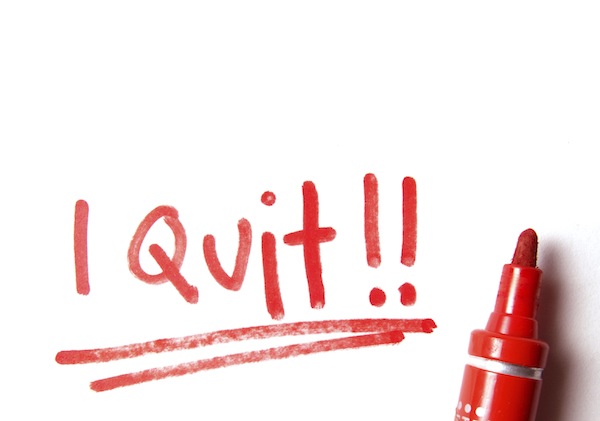Interviewing? What NOT To Do...
Friday, April 26, 2024 by Bailey

On the average, one out of eight job applicants receives an offer. Over 80% of the time, the best candidate for the job does not get the offer because of either poor interviewing habits or lack of proper preparation. As William James once said, “Whenever two people meet there are six people present. There is each man as he sees himself, each man as the other person sees him, and each man as he really is.” So goes interviewing. In today’s world, companies have reasons to hire and not hire. Interviewing is both an art and a game. Art is the style, soft skills and characteristics displayed. The game is to get an offer and winning comes with practice, planning, and strategy. Although some have tried, you can’t accept or turn down an offer unless you get an offer. Here are the five most common ways to not get an offer:
APPEARANCE
Under-dressing is viewed as disrespectful. Clothes need to be conservative, neat, pressed, and appropriate for business formal even if the setting is business casual. Shoes need to be shined. Make-up minimized; light or no perfume or cologne; hair must be combed and not distracting; minimize jewelry and accessories.
LACK OF ENTHUSIASM
If you are not interested in the opportunity and the company, why are you going on the interview? If you are interested, then show it. Here are the most common ways of displaying lack of interest: Didn’t research the company; failed to ask meaningful questions about the position, company, culture, management style or industry; and provided at best short or vague answers to questions rather than showcasing meaningful knowledge, personality traits, and acquired skills.
ME, NOT WE
Remember the first part of William James quote, “There is each man as he sees himself.” There goes the problem. The interviewee is all about the interviewee. Too much accent on money, title, or other ego-satisfying stimuli. As Ben Franklin said, “He that falls in love with himself, has no rivals.” We too often fail to appreciate that what gives money, perks and title value is that you must exchange work for it.
UNCONSCIOUSLY SELF-DESTRUCTIVE
Consider interviewing as being an invited guest to an event that you want to attend. Bad form is arriving late for an appointment (indicative of poor planning); not fully completing the application (lack of compliance); limp, fishy handshake (lack of professionalism), failure to look at interviewer when conversing (lack of confidence or respect); poor posture (lack of poise or confidence); condemnation of past employers (lack of respect); make too many excuses (may not accept criticism well); provides evasive and/or conflicting information (perception of fabrication); poor manners (lack of courtesy); and doesn’t show appreciation of interviewers' time (lack of tact and professionalism).
BEYOND THE CALL
Interviewing is an exchange of information. It is an opportunity to exhibit your personality and communicate knowledge and experience that is appropriate to the needs and requirements of the opportunity. All that being said, some people are too forthcoming (treat the interview as a confessional and expose negativity); high-pressure (attempt to close too quickly or force decisions); aggressive (come off as conceited or with a know-it-all complex); verbose (treat interview as a lecture rather than an exchange); opinionated (lack of flexibility or inability to endorse change); and/or demanding (three for me, one for you attitude).

